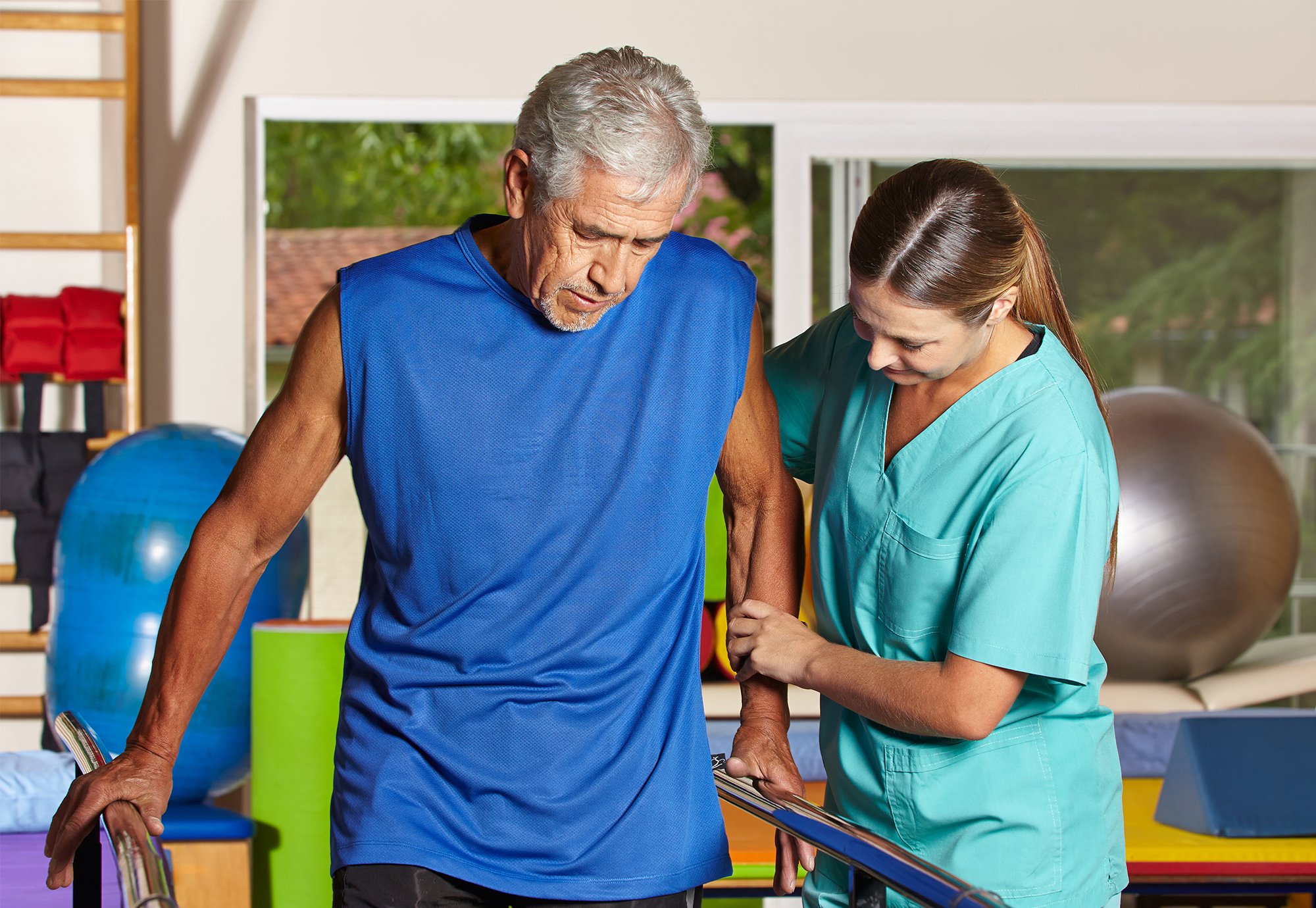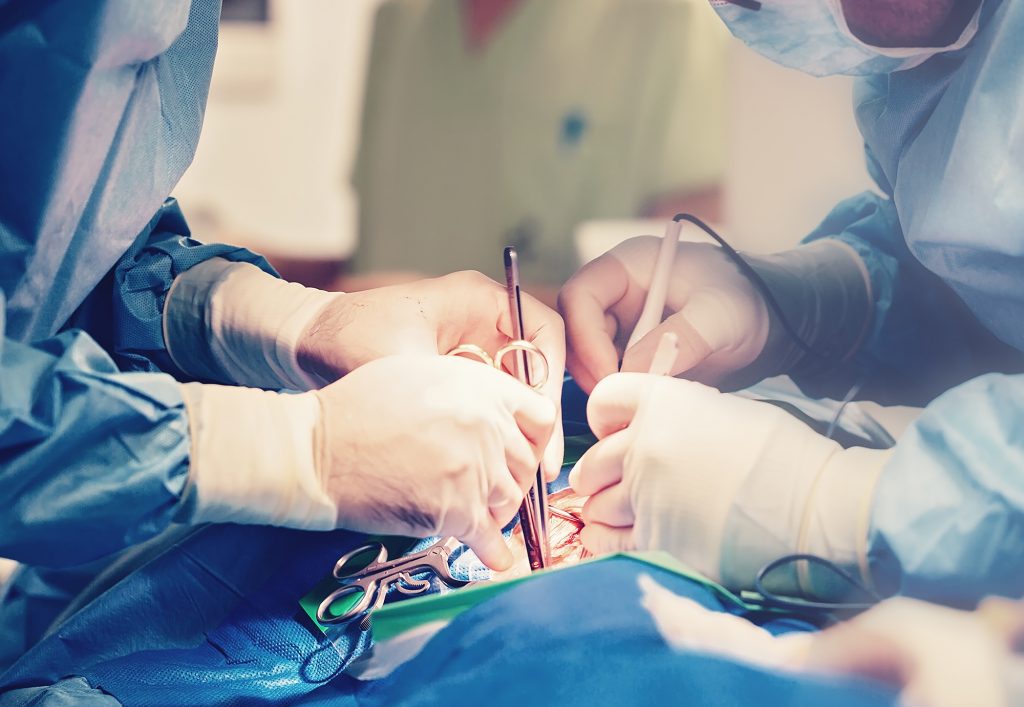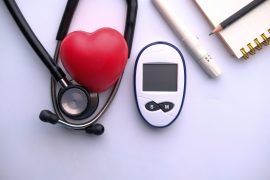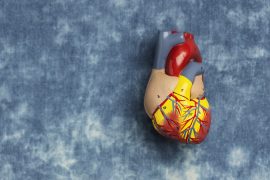Increasingly recommended for those with minimum blockages and low complications, angioplasties are now the standard of care for those with coronary artery disease. As the cardiologist may have already explained to you, this minimally invasive surgery has the surgeon thread a stent bearing balloon catheter through a blood vessel in your groin or arm till it reaches the blocked artery. The balloon is then inflated to push the plaque to the sides of the artery and the stent is put in place. The balloon is then deflated and removed and a bandage or groin sheath is put in place to prevent the patient from bleeding out. The other alternative is open-heart surgery or Coronary Artery Bypass Grafting where arteries from one’s arms or legs are grafted on to the existing coronary arteries. As this surgery is more invasive and requires a longer rehabilitation time, it is advocated only for cases where there are multiple or severe blockages or other complications are present.



Recovery after your procedure
The road to recovery after your angioplasty or bypass surgery can be long and at times frustrating. However, with a little precaution and care, one can improve their recovery process and sometimes even speed it up. Remember, self-care is critical after your procedure.
- Pain management: Dealing with the mental and physical after-effects of angioplasty or bypass can be aggravated by poor pain management. Therefore, staying on top your pain management schedule is vital for your recovery. Remember to regularly take your pain medication if so advised by your cardiac surgeon at the appointed times. Alleviating your pain can also help speed up the healing process.



- Get enough sleep: The old adage that sleep is the best medicine holds for those who have undergone bypass or angioplasty. It may be difficult to fall asleep in the first few days or weeks after your procedure, but there are some things that you can try to get the optimum amount of shut-eye. Things, like staying on top of your pain medications and avoiding caffeine in the evenings, can go a long way in helping you relax.



- Seek help: Experiencing a cardiac event can be a traumatic event for even the strongest people. It is quite normal to find yourself feeling vulnerable, anxious or depressed. If your feelings don’t go away or start affecting your day to day life, then it is best to consult a psychologist.



- Go to rehab: Going to a properly designed and comprehensive rehab programme can do wonders for your recovery process. So sign up for one if available.



- Remember that your journey is unique: Undergoing a major surgery or procedure is a life-changing event. It is best to be patient and focus on your journey and milestones instead of focusing on someone else’s. Depending on your situation it may take you six months or even a year to fully recover from your procedure. Be patient.



- Exercise and modify your lifestyle: Surgery won’t cut down your risks of getting another blockage or experiencing another cardiac event. Exercise and modified dietary and lifestyle habits are the only things that can reduce your chances.



- Avoid smoking and limit your alcohol intake.
A point to note at this point is that an angioplasty is not a complete cure. Blockages may still occur if the proper precautions like following your doctor’s dietary and exercise recommendations are not followed. A diet rich in fruits, vegetables, whole grains, nuts, etc and low in salt, sugar and oil is the one to follow. Medications like blood-thinners, statins that lower lipids and hypertension drugs should be consumed as per advice and not discontinued at whim. Smoking should be cut out of your life and include a daily exercise regimen of minimum 30 minutes instead. This will help manage your weight and other co-morbid conditions like hypertension, diabetes and high cholesterol too. A happy heart is a healthy one so keep stress at bay by taking up new hobbies and activities; these will elevate your mood and help your recovery process too. Last, but not least, don’t forget your regular check-ups with your cardiologist.



Undergoing a cardiac procedure is a huge event in one’s life. Taking the right precautions and care is a vital step towards one’s recovery and healthier life.




